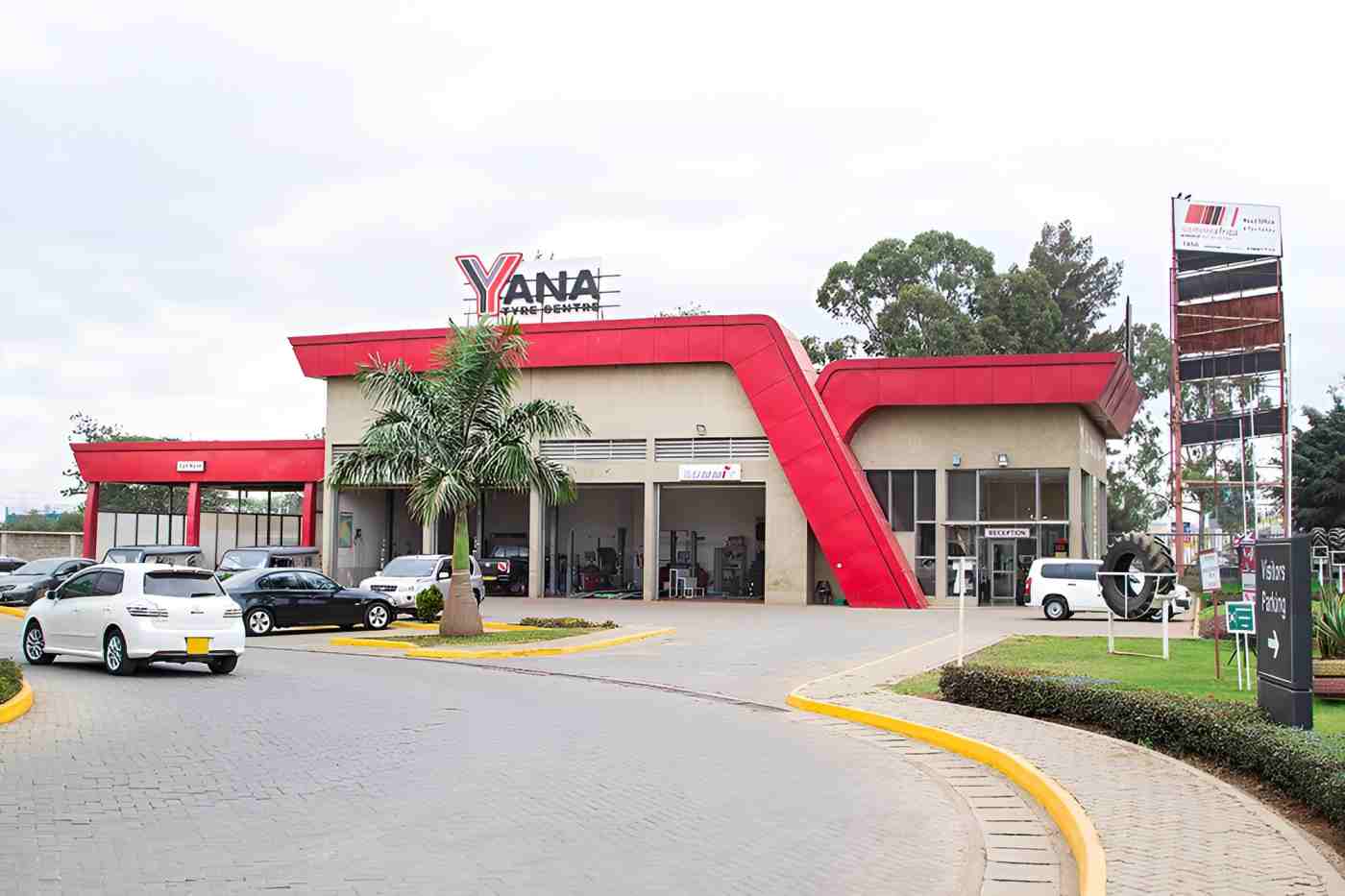Sameer Africa has formally exited the tyre industry, closing a major chapter in its corporate history once defined by the iconic Yana tyres brand.
The company has now fully shifted its focus to real estate, a strategic pivot that has drastically transformed its revenue structure and improved profitability.
At its peak, Sameer Africa was raking in over Sh3.54 billion annually from tyre sales. However, in the latest financial reports, total revenues have plunged by 90.5% to Sh389.5 million.
Despite the steep drop, the firm posted an impressive net profit of Sh259.9 million in 2024 a testament to the profitability of its new business model.
Sameer first exited tyre manufacturing in 2016, made a brief return in 2021, but finally wound down the tyre operations in 2024, citing high operational costs and increased competition from low-cost imports.
By the end of 2023, revenue stood at Sh390.49 million, while net profit had fallen to Sh46.33 million — a 53.78% decline from the previous year. Despite this, the company’s transition was already taking root.
A major part of the turnaround lies in its robust real estate portfolio, including Sameer Business Park and Sameer Industrial Park. Rental income from these properties surged to Sh388.6 million, representing 99.7% of the company's total revenue.
“This strategic realignment positions us to deliver sustainable value to shareholders while capitalizing on Nairobi’s growing demand for quality commercial spaces,” the company said in a statement.
The pivot has not only unlocked new revenue channels but also enabled the company to trim its workforce and streamline operations.
Between 2020 and 2023, Sameer Africa cut its management and administration staff from 33 to 15 a 54.5% reduction. In 2020 alone, 107 positions were declared redundant, including 75 management roles and 32 unionisable posts.
The closure of its Nairobi-based tyre plant, which once employed hundreds, marked the end of its manufacturing era. Even the outsourcing strategy to Asia proved unsustainable, ultimately leading to a complete departure from tyre production.
Today, Sameer Africa stands as a striking example of corporate reinvention. From a manufacturing powerhouse to a real estate-focused enterprise, the company’s successful transition underscores the critical importance of agility and strategic foresight in a rapidly evolving business landscape.
With Nairobi’s property market on a steady rise, Sameer is betting on long-term, stable returns a far cry from the volatility that once defined its presence in the tyre industry.

